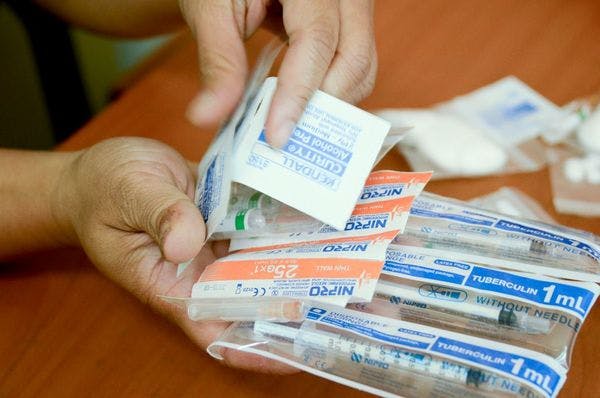New harm reduction network launched in Senegal faces uphill battle
By Helena Forrester
The launch of a new Senegalese drug harm reduction network has solidified the traditionally conservative country’s reputation as a regional leader amid fears that increased exposure to drug trafficking routes could see a rise in national drug use.
The new National Network of Civil Society Drug Organisations (Réseau national des intervenants de la société civile sur les drogues) has been formed by non-governmental organisations hoping to promote cooperation in order to better support people who use drugs problematically.
Civil society groups met 4 October to strategize how the network could identify relevant groups working on issues as diverse as gender-based violence, HIV/AIDS & TB prevention and drug education reports Senegalese newspaper Le Soleil. The network hopes to encourage mutual dialogue and the establishment of common positions on drug issues between these groups.
The Executive Secretary of the National Council to Fight AIDs who presided over the meeting, and with whose organisation the new network will be working closely, told Le Soleil that “we can no longer obscure the issue content with saying that Senegal is merely a transit country for drugs, because our country is also a place of drug consumption”.
Senegal has a relatively low rate of HIV infection in the general population (0.7%) reports the West African Commission on Drugs (WACD), the rate among people who inject drugs is significantly higher (10.2%) and Hepatitis C prevalence is as high as 23 percent among this demographic according the United Nations Office on Drugs and Crime.
Effective action by the Senegalese government such as including drug users as a target group in their 2011-2015 National AIDS programme and the establishment of a community-based needle exchange programmes in 2013 has made Senegal a regional bright spot; the only country where such provision exists report Harm Reduction International (HRI).
These programmes allow educational outreach on safer drug injection practices as well as the distribution of sterile equipment.
UNODC reports that since the 1990s the West African region has become a key trafficking route for heroin, cocaine and amphetamine-type stimulants. Senegal’s increasing consumer purchasing power combined with already established availability of drugs entering through its extensive coastline makes the country vulnerable to an increase in problem drug use.
Click here to read the full article.
Keep up-to-date with drug policy developments by subscribing to the IDPC Monthly Alert.
Thumbnail: Flickr CCWorld Bank
